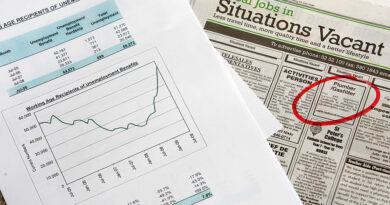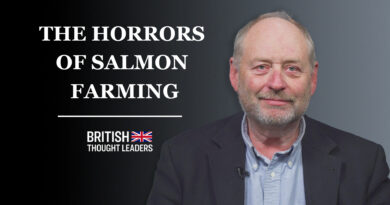UN Nuclear Watchdog Puts Iran on the Spot as Trump Takes Center Stage
An expert on nuclear disarmament highlights that the International Atomic Energy Agency acts as a nuclear watchdog, but the real power to take action lies with the U.N. Security Council.
News Analysis
Recently, Iran faced criticism from the international nuclear watchdog for failing to collaborate with inspectors for the second time in five months. In response, Tehran declared its intention to increase uranium enrichment using new and advanced centrifuges. This ongoing brinkmanship has raised concerns about Iran’s nuclear ambitions.
However, as we ponder on the current situation, questions arise about the future under the upcoming administration of President-elect Donald Trump, who withdrew from the Iran nuclear deal and imposed sanctions.
Olli Heinonen, a former deputy director general of the International Atomic Energy Agency (IAEA), believes that the next couple of months will be crucial in understanding the plans of both the Trump administration and Iran, which are expected to become more assertive.
The Nuclear Non-Proliferation Treaty (NPT), aimed at preventing the proliferation of nuclear weapons globally, was enforced in 1970 by countries like the United States, the United Kingdom, and the Soviet Union. Subsequently, France and China became signatories in 1992. However, nations like Israel, India, and Pakistan, which acquired nuclear weapons later, never signed the treaty. Despite Iran’s initial support as one of the original signatories, the country, under a different ruling regime, has been a topic of concern regarding its nuclear activities.
Suspicions surrounding Iran’s nuclear pursuits prompted the United Nations, the United States, and the European Union to impose severe sanctions in 2010. In 2015, Iran signed the Joint Comprehensive Plan of Action (JCPOA) with major world powers, agreeing to restrict its nuclear program in exchange for sanction relief.
During his first term, Trump exited the JCPOA and enforced sanctions against Iran, emphasizing America’s stance against nuclear threats. Researcher Robert Goldston, specializing in fusion energy, nuclear disarmament, and verification, emphasized that Iran’s intentions are not hidden and its actions indicate a possible swift path towards developing nuclear weapons.
Following a shift in the U.S. administration in 2021, attempts were made to revive negotiations with Iran but with limited success. Meanwhile, reports indicated Iran’s progress in enriching uranium to dangerous levels, raising global concerns.
Ultimately, it is the U.N. Security Council, backed by U.S. Ambassador nominee Rep. Elise Stefanik, who may take decisive actions against Iran’s nuclear ambitions. However, there are possibilities of alternative strategies, including military interventions, to tackle the escalating situation with Iran.
Despite Iran’s objections to recent resolutions from the IAEA, concerns remain about the country’s lack of transparency regarding its nuclear activities. Moving forward, the effectiveness of existing agreements like the JCPOA will depend on Iran’s willingness to cooperate and the international community’s vigilance.
Associated Press contributed to this report.



